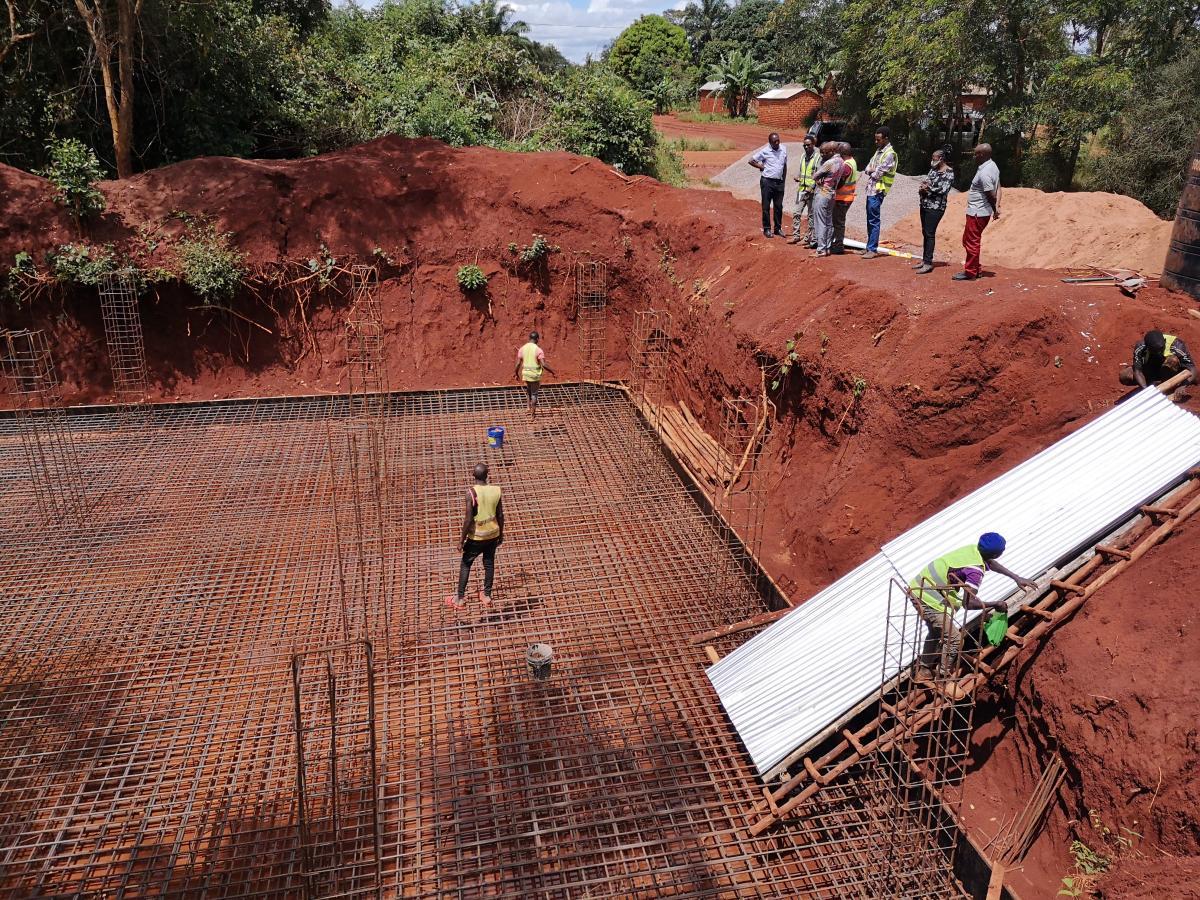Water and Sanitation Kigoma Region Project (WaSKiRP)
Victoria DEOM | 29/10/2025End-Term Evaluation on the Water and Sanitation Kigoma Region Project (WASKIRP) was formulated as part of the Indicative Cooperation Programme between the Kingdom of Belgium and the Government of Tanzania. With a total budget of EUR 12,800,000 funded primarily by the Government of Belgium (including a contribution from the Government of Tanzania), the project was implemented by Enabel in collaboration with the Ministry of Water (MoW) and the Rural Water Supply and Sanitation Agency (RUWASA). The project addresses severe challenges in the water sector in Tanzania's Kigoma Region, a marginalized area facing low access to safe water (under 30% in targeted villages) and endemic waterborne diseases due to aging infrastructure. WASKIRP’s specific objectives were to increase access to safe drinking water, reduce the water and sanitation burden among communities—especially women and youth—and improve hygiene practices. Key results included establishing Community-Based Water Supply Organizations (CBWSOs) for sustainable management, providing access to safe water for 200,000 inhabitants through rehabilitated and extended assets, and promoting enhanced household hygiene practices.
This End-Term Evaluation was conducted to assess the results achieved and the overall implementation process, serving the dual purpose of accountability and generating learning for future strategies. The analysis focused on the period from April 2021 to January 2025, while also considering earlier stages of the project's implementation since 2017. The analytical framework systematically examined all six DAC criteria. The evaluation questions prioritized aspects related to effectiveness, efficiency, and sustainability of the infrastructure and services delivered. In addition, the evaluation measured the project’s effects concerning three cross-cutting themes: gender equity, environment and climate change, and human rights. The findings are intended to facilitate strategic decision-making by Enabel and the Tanzanian authorities concerning the project’s planned phase-out.

